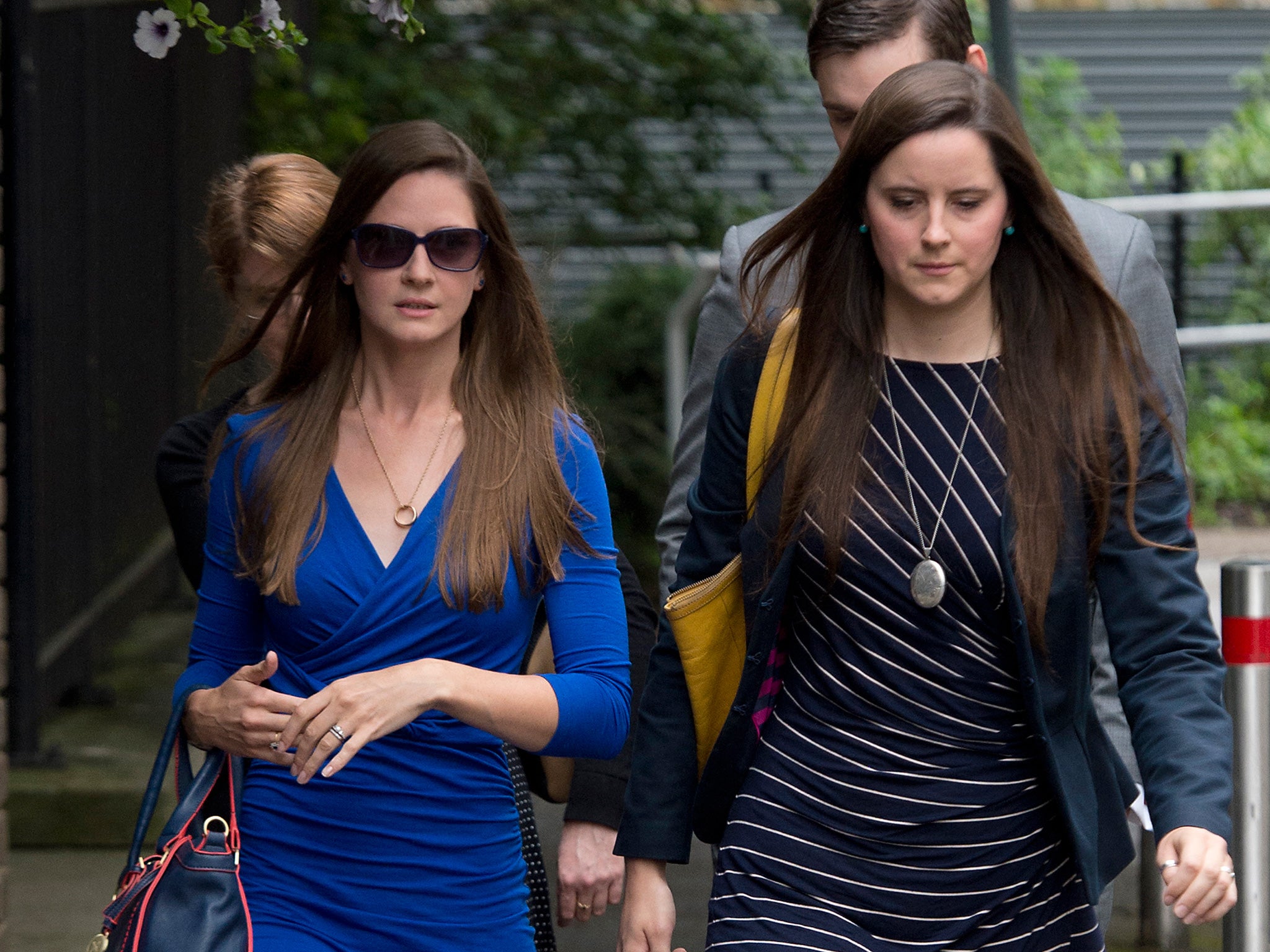SAS inquest: Neglect played part in deaths of three reservists during training, coroner rules
James Dunsby, Craig Roberts and Edward Maher died in 2013

A coroner has ruled that neglect played a part in the deaths of three Army reservists, including one from Trowbridge, who collapsed during a 16-mile SAS test march.
Recording narrative verdicts at an inquest in Solihull, senior Birmingham coroner Louise Hunt said all three soldiers would have survived if Ministry of Defence regulations on heat illness had been followed.
Describing parts of the planning and conduct of the special forces march as inadequate or not fit for purpose, the coroner said inadequate supplies of water also contributed to one of the deaths.
Lance corporals Edward Maher and Craig Roberts were pronounced dead on the Brecon Beacons after suffering heatstroke in July 2013.
Corporal James Dunsby, from Trowbridge, died at Birmingham's Queen Elizabeth Hospital from multiple organ failure more than two weeks later.
Criticising the "chaotic" response to the men's collapse and accusing special forces' commanders of a catalogue of serious mistakes, Ms Hunt said: "The risk assessment undertaken for this exercise was inadequate.
"There was a failure to implement an adequate medical plan to allow for treatment of any heat illness casualties."
A GPS tracker system in place at the time of the march - with a "slow man" function disabled - was not fit for purpose, the inquest also heard.
Claiming there had been a failure to learn from a previous fatality on an SAS test march in 2008, Ms Hunt added: "There was a culture of following what had gone before without giving any consideration to specific risks.
"The (special forces) signals regiment took their lead from, and was subservient to, the lead regular unit. They do not think for themselves."
Ms Hunt said those who organised the march failed to appreciate that candidates would push themselves to the limit with a "do or die" desire to succeed.
Ms Hunt also identified a lack of build-up marches for reservists as a contributory factor in the deaths.
In general comments on the preparation and conduct of the march, Ms Hunt criticised a risk assessment completed more than two weeks before the exercise for failing to incorporate weather conditions or to identify a heat stress index for the march.
The coroner also ruled that that if the reservists had been afforded "basic treatment of cooling, hydration, rest and removing kit" the men would have survived.
Press Association
Bookmark popover
Removed from bookmarks